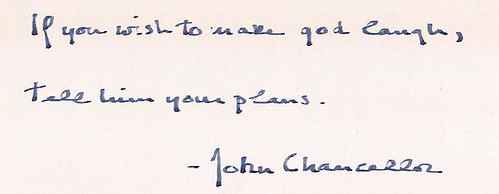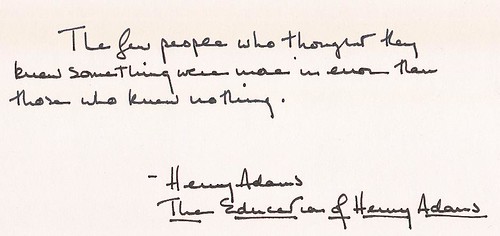trysail
Catch Me Who Can
- Joined
- Nov 8, 2005
- Posts
- 25,593
When you're at the bottom, this is one goddamn evil lookin' mountain:

Fortunately, it ain't as bad as it looks.

__________________________
As one who at one point or another has braved the slopes of Chamonix, Les Trois Valleés, Deer Valley, Alta, Killington, Snowbird, West Mountain, Courmayeur, Elk Mountain, Whistler, Seven Springs, Sugarloaf, Verbiér, Wintergreen, Val d'Isère, Brighton, Park City, Stratton and Oregon Ridge I can attest that the sport is not without risk— but what worthwhile endeavor is?

Fortunately, it ain't as bad as it looks.

__________________________
As one who at one point or another has braved the slopes of Chamonix, Les Trois Valleés, Deer Valley, Alta, Killington, Snowbird, West Mountain, Courmayeur, Elk Mountain, Whistler, Seven Springs, Sugarloaf, Verbiér, Wintergreen, Val d'Isère, Brighton, Park City, Stratton and Oregon Ridge I can attest that the sport is not without risk— but what worthwhile endeavor is?
Last edited:







